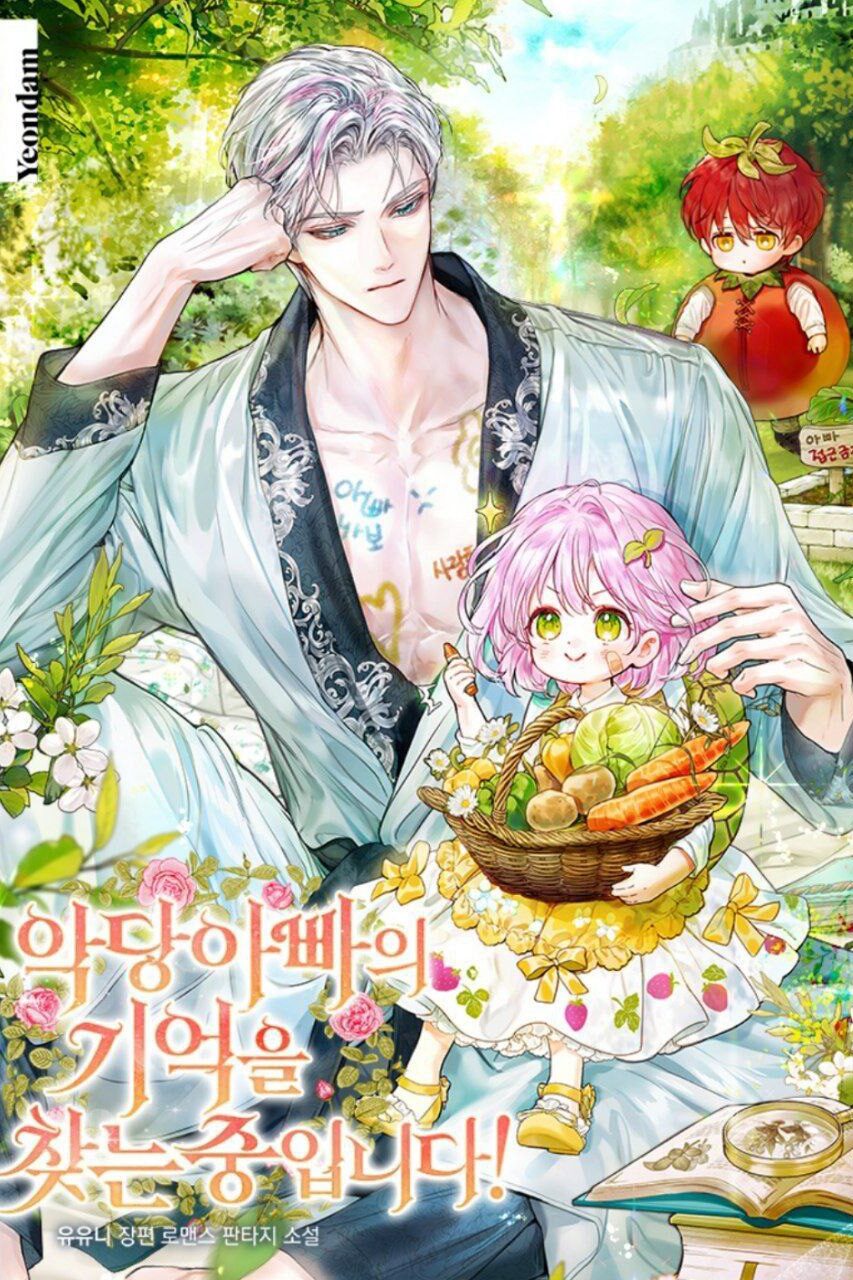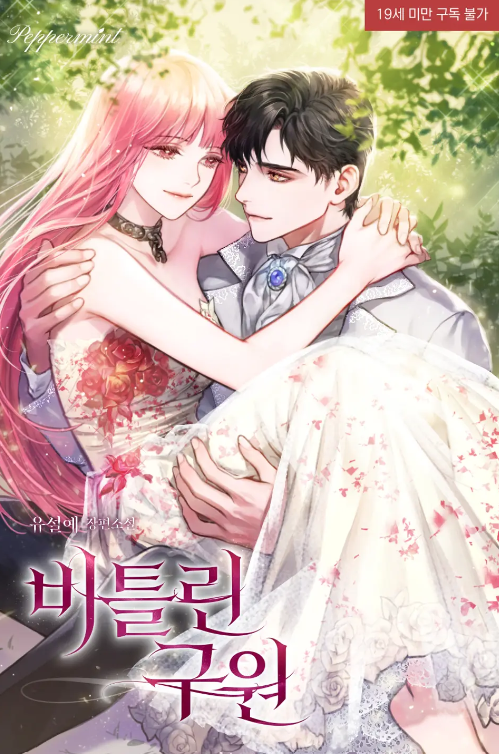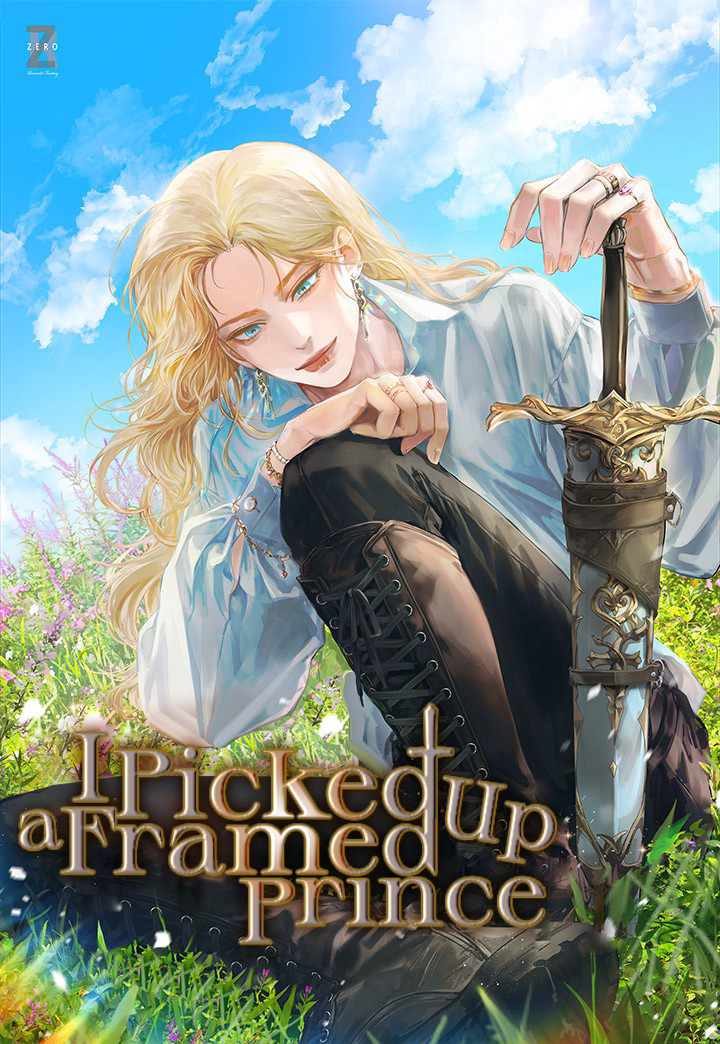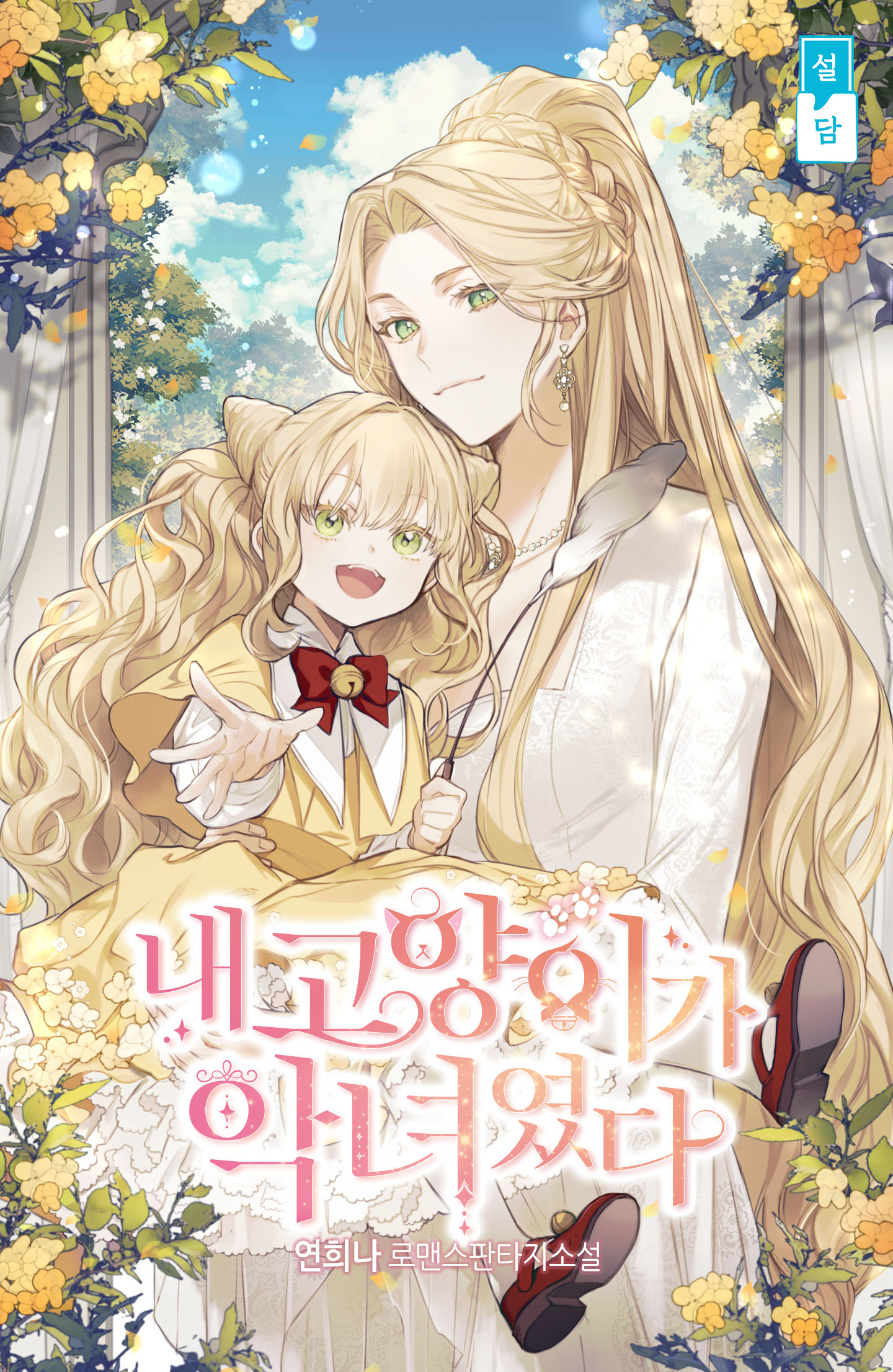Chapter 12
“What are those people?”
Under the murky sunset light tangled with clouds, they were on their way back to the factory.
They’d arrived at the stone bridge to cross the black river, but strangely there were crowds of people gathered there. The spacious area in front of the stone bridge was completely packed.
The path was so blocked they couldn’t get through. Getting closer, there really were people blocking passage.
They wore unified clothing just like factory workers’ uniforms, but with large black and white flamingo emblems prominently displayed on the backs of their white jackets. They also carried rifles.
How to put it—they looked very much like soldiers. Somewhat sloppy soldiers.
Their weapons were makeshift guns, crudely assembled. The rough joints and uneven construction gave it away. Captain Ross never used anything but verified company weapons since homemade guns like those were notorious for jamming—one in three would malfunction.
Taking a closer look, their posture lacked military training and seemed uncertain.
Mounted on horses, armed, maintaining a stern atmosphere while watching their surroundings.
They looked serious but amateurish.
“It’s a vigilante group.”
“Vigilante group…”
It seemed like citizens had banded together after feeling the limits of police protection. Naturally, they couldn’t be perfect soldiers. They had their own livelihoods too…
“That person over there is probably Veros, who leads the vigilante group.” Miriam pointed to a young man on horseback.
With so many people gathered, no one noticed them pointing and talking loudly.
Priscilla studied the man with his strong jawline and intense, determined eyes. He was quite a handsome and upstanding young man. When she said as much to Miriam, Miriam laughed, saying she was starting to sound like the factory workers.
“I had a colleague like that fine young man. His name was Alex…”
“What kind of work did you do before? The letter of recommendation just said you were a kid Ross was looking after.”
“…”
“Don’t tell me if you don’t want to. You must have liked that Alex fellow. Right?” Whether from the sunset or something else, Priscilla’s cheeks were turning red.
A vigilante group—beings who protected citizens. She seemed to feel admiration for them.
I could do well in a military role too.
Somehow it made her imagine herself wearing their splendid uniforms and guarding the night streets.
Even when she’d worked in Sabed, there were times she couldn’t leave the training grounds, intoxicated by that image of herself. In those moments, she felt a freedom as if she’d become a complete member of society, where traces of slavery were unimaginable.
That’s why Priscilla’s face had reddened. It wasn’t because of a man. Though Veros was handsome, he didn’t match Priscilla’s taste enough for her to fall for a stranger and be unable to forget his face.
But to onlookers, it was the kind of expression that invited misunderstanding.
So the stern, stubborn girl had a weakness for handsome men like any teenage girl. Miriam’s eyes widened in surprise. Antonio, who was holding her hand, also stared up at Priscilla’s flushed face.
“Let’s go back quickly. We need to prepare dinner.”
The man called Veros passed by, the procession ended, the path cleared, and people dispersed. Priscilla returned to the dormitory, trying to act nonchalant. As if the evening meal was more important. As if she was too spirited to have time to fear ghost stories.
Then the very next day, she appeared in the kitchen with a newspaper and shouted.
“The vigilante group is recruiting new members!” Once again causing Miriam to nearly faint from shock first thing in the morning.
“Priscilla! Come slice potatoes! We’re making potato soup!” The staff who’d been cooking precious chicken since dawn shook their heads, wondering how much trouble she’d cause this time.
Priscilla waved the newspaper around as she spoke.
“I’ll at least try taking the test. You never know if it might work out.”
“Good lord, what’s gotten into this girl? Has your wizard phobia disappeared?”
“Yes!”
No sooner had the paranoia vanished than she’d found a new problem to obsess over.
Being a vigilante wasn’t something just anyone could do. It required strong, brave men to patrol all night without rest and catch criminals. They had to deal with vicious and dangerous criminals—what could tiny Priscilla possibly accomplish?
“Don’t get cocky just because you’re a bit strong! Priscilla! Do you think the world is easy?!”
“I’ve learned how to shoot. I’ll definitely pass. But they’re selecting people first-come-first-served today, so I should go quickly!”
“Come slice potatoes! Priscilla! Your workplace is here!”
“If you catch wanted criminals, you can get reward money! A whole 3000 francs!”
“If you’re going to act selfishly, I’ll fire you!”
Miriam wasn’t going to let this slide easily.
To someone who saw Priscilla as just a girl with some strength, this was absurd recklessness.
She’d be lucky not to die pointlessly.
“Do you know what dangerous situations you’ll face doing vigilante work?”
Priscilla had her newspaper confiscated. And was forced to choose.
Whether to slice potatoes and make soup right now, or pack her bags and leave the factory for somewhere outside.
Priscilla chose the former. Considering Arancel’s brutal lodging fees and rent that ate up half a factory salary, and remembering how grateful she was for this warm workplace, she couldn’t just recklessly walk out.
“She’s still just a kid after all! Look how she can’t leave her parent’s embrace!” This only resulted in gaining another source of teasing.
It was after dinner. Priscilla was helping the children with their reading before bedtime. Most children went straight to sleep after eating, but among those over ten, a few persevered with passion.
There was no separate study room. The cleaned kitchen was quiet and perfect. When she brought in the large pumpkin-shaped oil lamp the children loved, what had started as just Antonio became a group of five or six clustered around the dining table.
At first, the other children had avoided Antonio—calling him scary, weird, different, lazy. But through Priscilla’s persistent persuasion that you shouldn’t exclude friends, they eventually got along well together.
How could you not love the sight of children diligently writing their letters as assigned for homework?
Priscilla in her work clothes walked slowly around them. Just watching them made her feel stress-free.
But tonight her unusually dark expression didn’t escape someone’s notice.
“Sister seems a bit strange today.”
Antonio, who’d finished his assignment, spoke first.
Was it because they were children? He was very direct. Priscilla, who’d been circling the table, suddenly stopped walking.
Priscilla’s expression barely changed, but apparently even subtle shifts didn’t escape them.
Had their survival instincts made them sensitive to adult moods? Even small problems didn’t escape their notice—she’d have to be more careful.
Antonio started drawing randomly in his notebook with his pencil.
“You keep making mom emotional then angry.”
The vigilante group topic had put Miriam in a bad mood, and Antonio seemed affected too. He thought it was wrong to upset his mother. Priscilla roughly ruffled Antonio’s hair, thinking him sweet. She spoke jokingly to avoid worrying the children.
“Vigilante work is so cool, I didn’t know she’d dislike it that much. I should have done it secretly at night.”
“That’s a bad idea. When would you sleep?”
Now the two were talking as familiarly as siblings. Antonio often grumbled to her like he would to an older sister. But he didn’t seem to know how to keep secrets yet.
“It’s work only big men can do, and mom might think sister likes the vigilante leader.”
“Oh my.”
“Then if you suddenly came back pregnant, she’d faint…”
“Antonio, you can’t say things like that.”
“But that’s exactly what mom said…”
Learning that Miriam had such strange misunderstandings, Priscilla was quite flustered.
Of course, it wasn’t outwardly flustering, and she didn’t make a fuss asking what nonsense he was spouting. Still, inwardly she thought it was a terrible worry.
This went beyond an employer’s concern that nighttime activities might affect her factory work the next day—it was the excessive imagination of a mother watching her daughter’s male acquaintances with suspicion.





